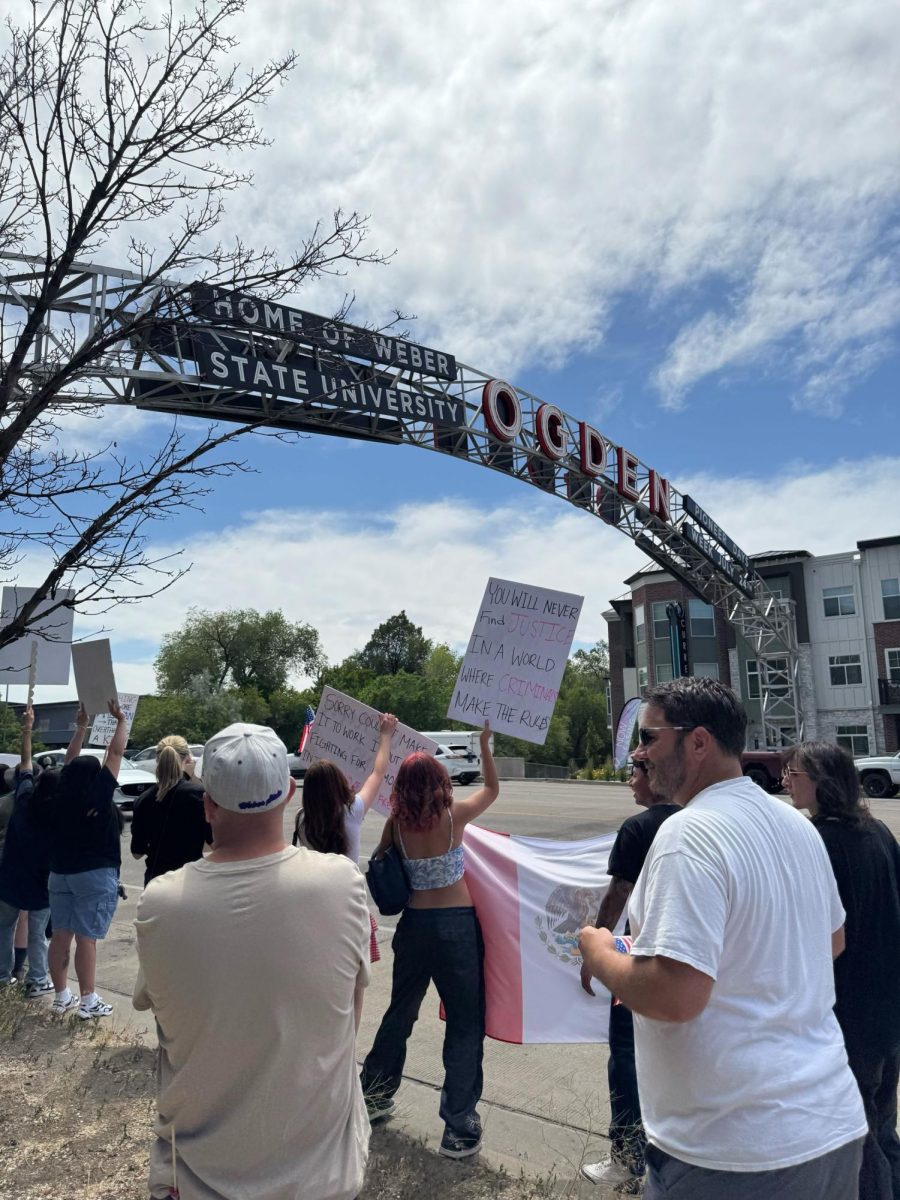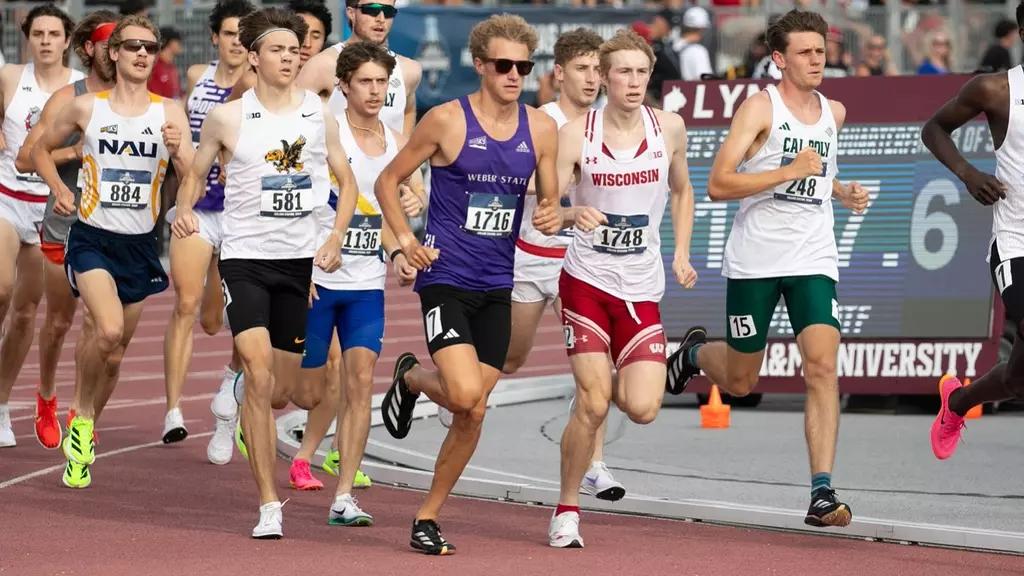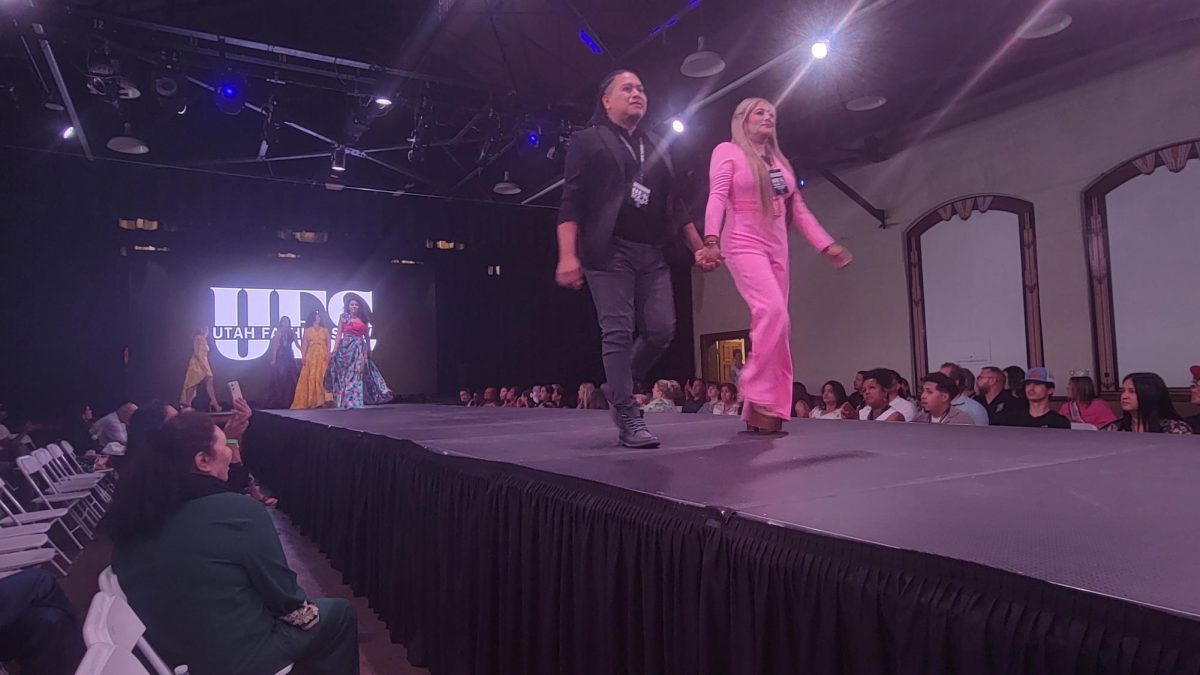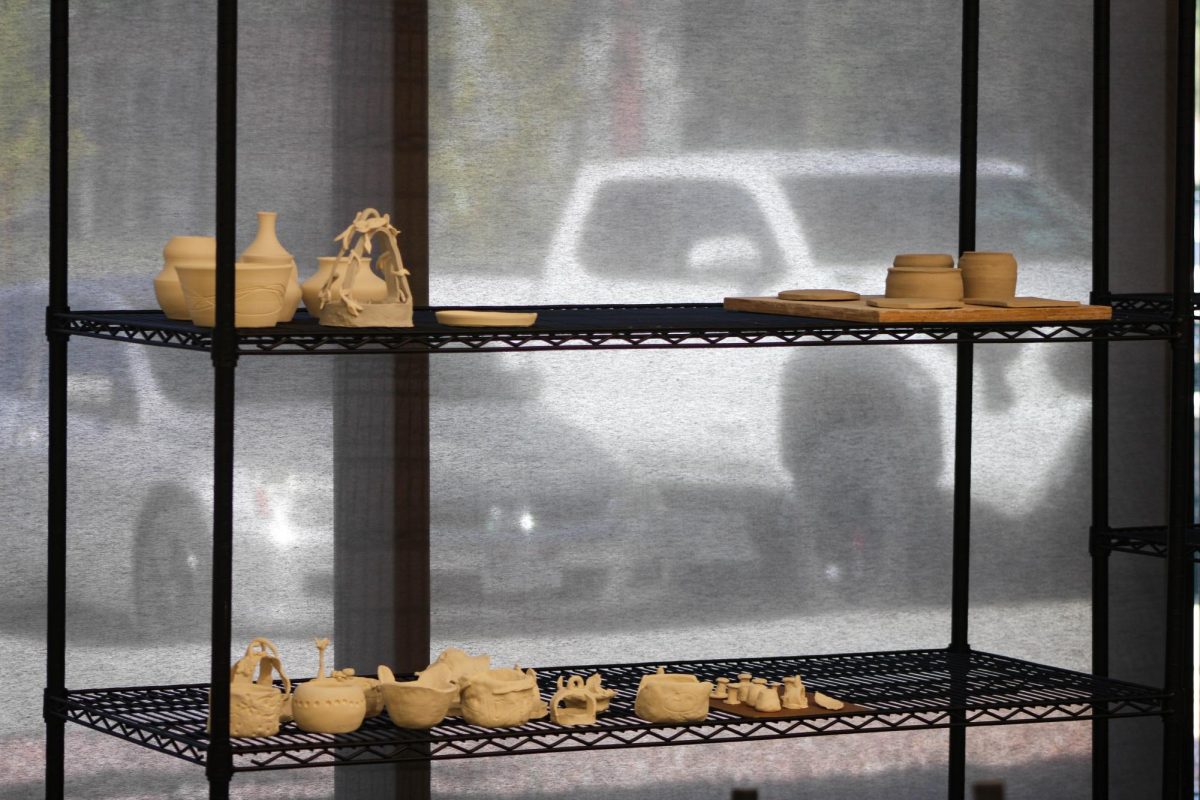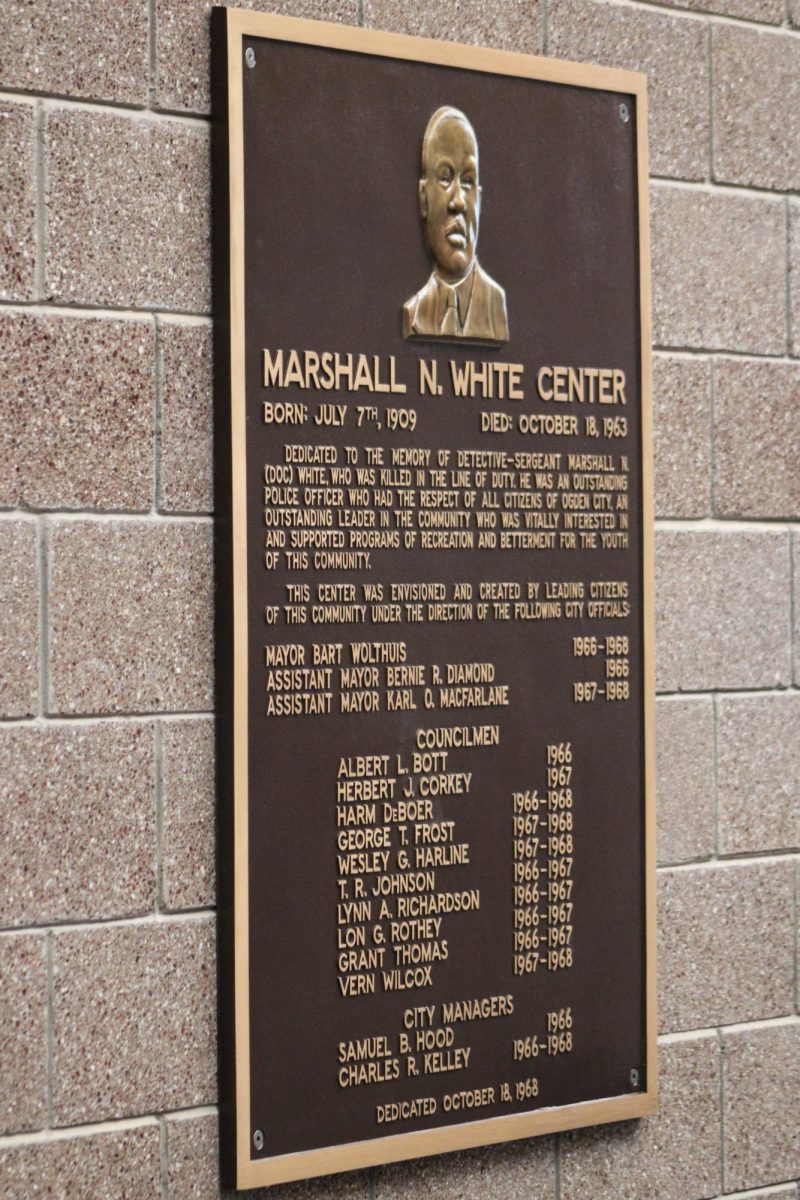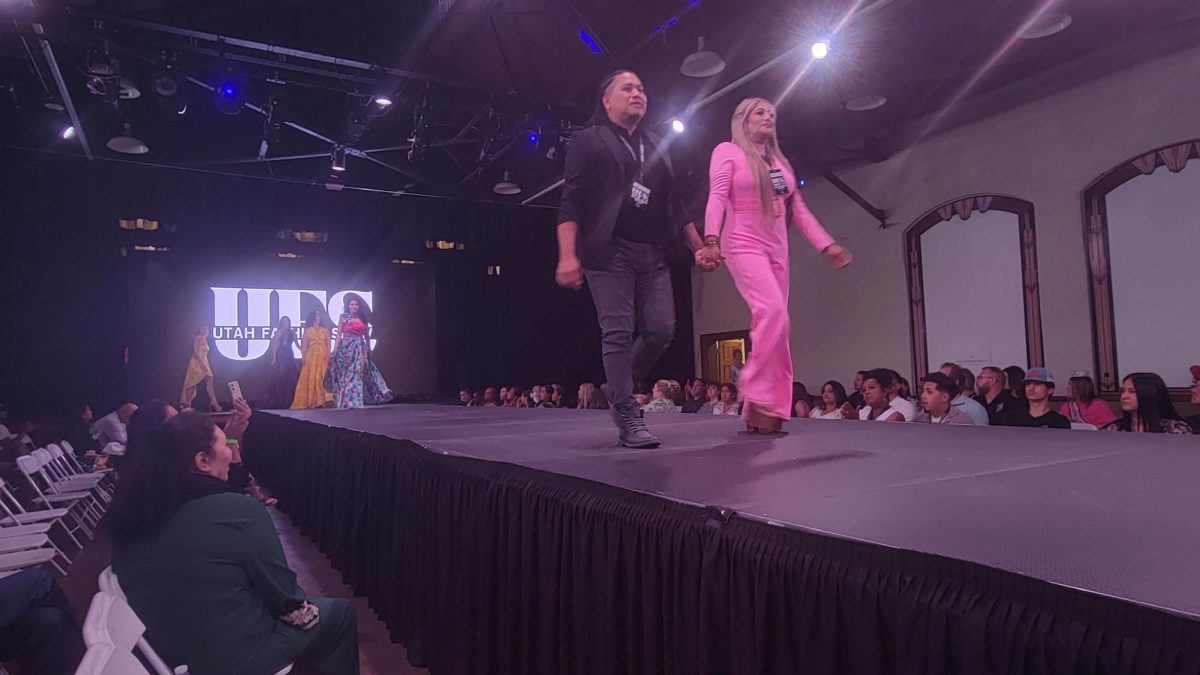The process for selecting a university president has always been clear, and it has been an open one for the past twenty years. A new bill currently in front of the Utah Legislature, HB318, aims to try and close the open process in the public’s face.
Without HB318, a search committee is appointed by the Board of Trustees of a university, and they work their way through applicants for university president before announcing three to five candidates as semifinalists publicly. Public meetings are held, and they go through a public vetting process.
Instead of all the semifinalists for the position being announced to the public, only one candidate, the one who was given the job, will be announced. The other candidates will be kept secret from the public eye.
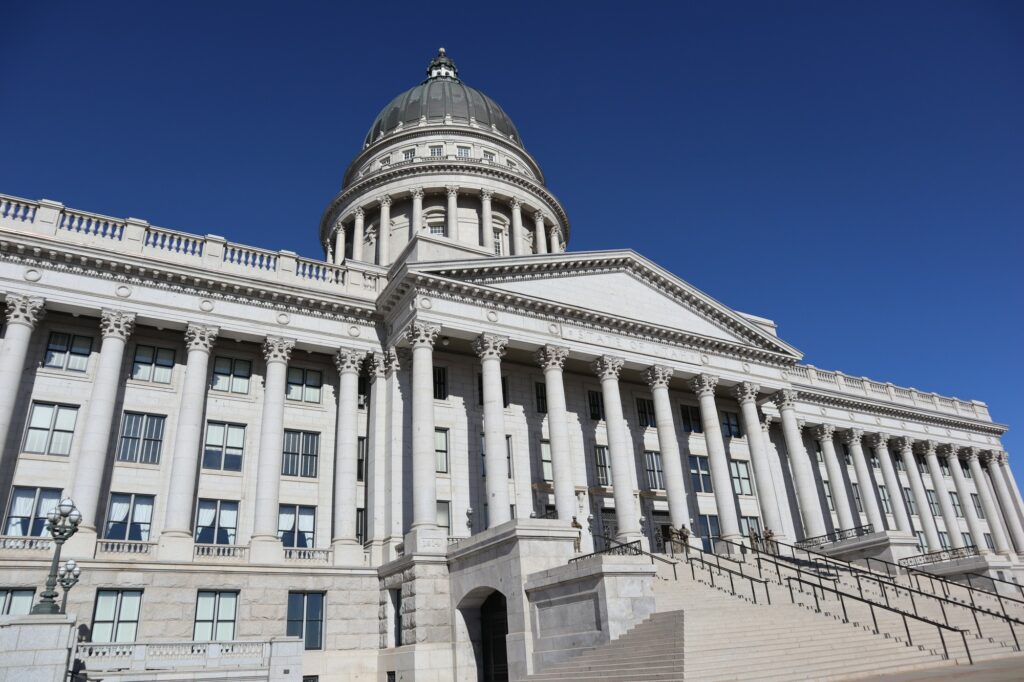
While on the surface this may not sound like a shift beyond policy, it goes much deeper than that.
Jeff Hunt, a lawyer at Parr Brown Gee & Loveless and working with the Utah Media Coalition, has been a vocal advocate against this section of the bill because of how it will close off public scrutiny. It would also not allow the public to see if diverse candidates had been considered, an important part of presidential searches.
“I don’t think closure or secrecy have significant public benefit, specifically, when you are talking about hiring people in places of trust and responsibility,” Hunt said. “We select judges this way, and we select superintendents this way.”
Rep. Melissa Ballard, the chief sponsor of this bill, stated that the process puts the candidates in a tight spot with their current institution if they aren’t selected during the process.
The Commissioner of Higher Education for the state, Dave Woolstenhulme, was also supportive of this new implementation. He said that the coming April departure of Ruth Watkins, the current president of the University of Utah, gave insight into the process to see if they had the best method.
“When candidates find out their name is going to be made public they have to try to explain to their bosses and colleagues why they’re interviewing somewhere else,” Woolstenhulme said.
Inside Higher Ed published articles that found this to be untrue, and they even found that it may be problematic to the university, as it may cause problems for the university when no public scrutiny is allowed and no potential problems are allowed to surface.
Judith Wilde, chief operating officer and professor in the Schar School of Policy and Government at George Mason University, participated in the research that does not point to secret selection processes gaining better candidates.
“The whole theory seems to be premised on this notion that we don’t want to create discomfort for the people who haven’t told their current employer that they’re looking for a new job. If that’s the theory, then that kind of implies that the search committee is not going to contact the university that they were at,” Hunt said. “If you’re going to any kind of competent vetting job, you’re going to be contacting the university anyway.”
Hunt continued and said that if the search committee doesn’t contact the employer, it’s an ineffective search.
Tim Herzog, Ph.D, president of the WSU Faculty Senate, is also troubled by this possible policy change.
“Weber State has a really strong shared governance model,” Herzog said. “The faculty works with the university on big decisions and on small decisions. We have a seat at the table. This is counter to that. You take away the ability of faculty to have a voice in the really important process of selecting a university president.”
This bill comes during a unique time as Watkins prepares to step down, and applications for the position are being accepted now. Finalists would be announced sometime in the fall.
Under this new bill, which would take effect on May 5, only the selected finalist would be announced to the public.
“I understand the argument that is being made, but I’m not sure that is compelling. Looking at the state institutions and the leadership we have, we have been pretty effective at hiring presidents in the state of Utah,” Herzog said. “I haven’t seen a shortage of people who are willing to put their name out there. We’ve had excellent candidates and excellent presidents.”
Wilde said that there is no reason to think a secret hiring process will result in better candidates for university presidents.
“Think of this — until just recently, all presidential searches were open. To state that secret searches yield better presidents is to imply that all previous presidents were not good. That just doesn’t make sense,” Wilde told Inside Higher Ed.
The bill was passed in the house and introduced to the Senate Rules Committee on Feb. 19 where the section of the bill that proposed this change has been cut, but it could still be added back in by the education committee, which it advanced to on Feb. 22, or proposed amendments can be added during floor debates.


